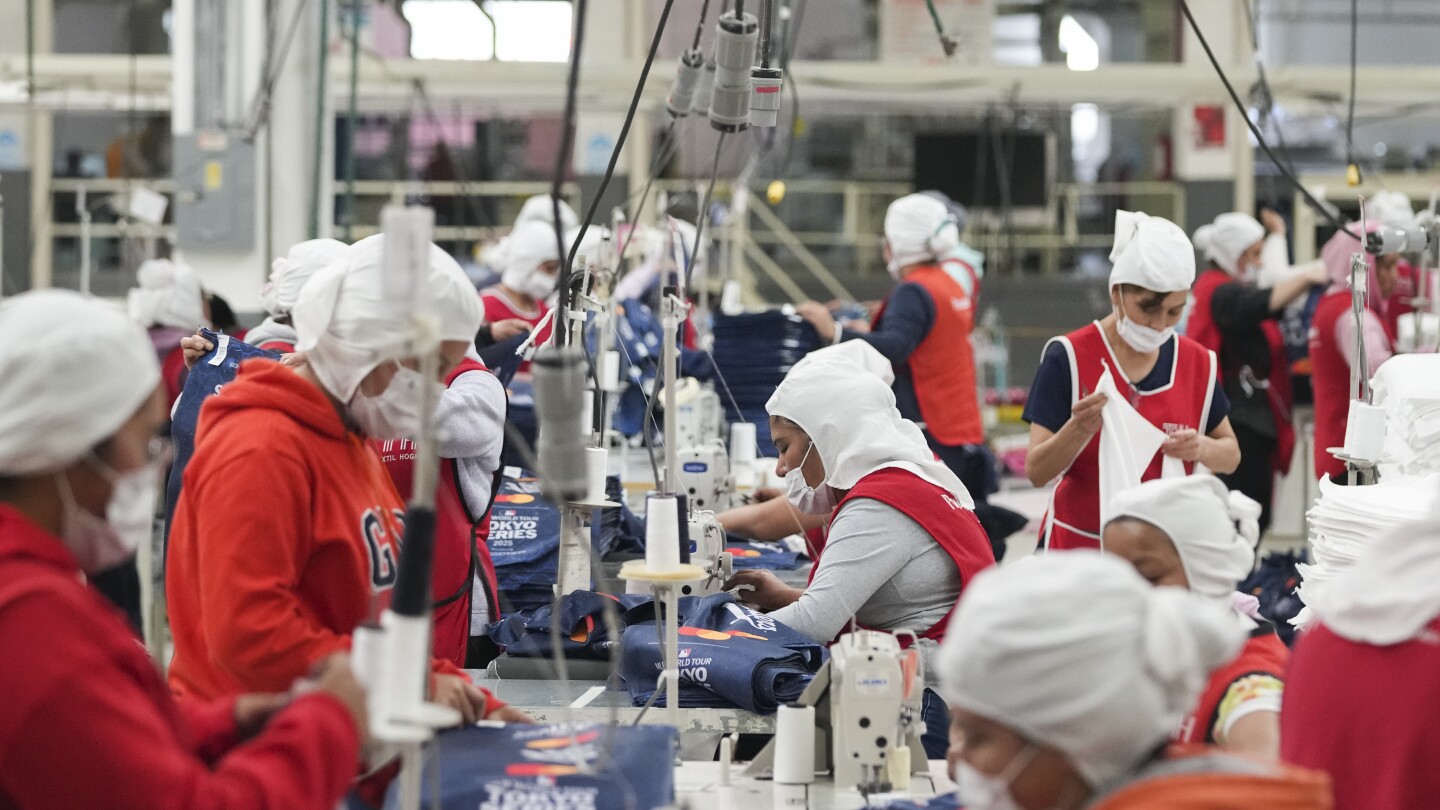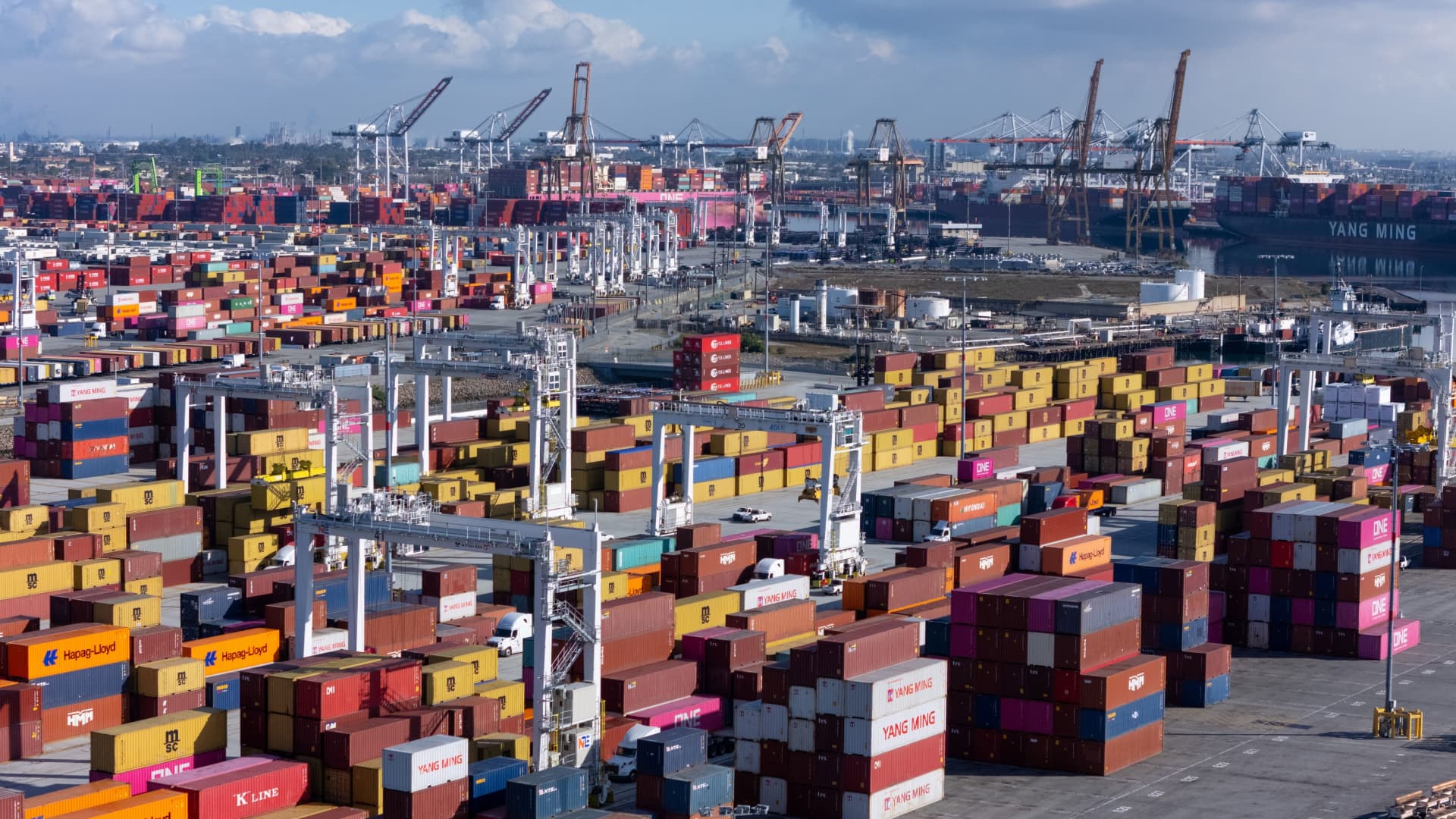Unraveling the Impact: Industries at Risk from Trump’s Immigration Policies
As the nation continues to navigate the complexities of immigration reform under former President Donald Trump, various sectors of the economy are grappling with significant challenges. Trump’s immigration policies, characterized by stricter enforcement and limited pathways for legal entry, have profound implications for many industries reliant on immigrant labor. This article delves into the sectors most at risk, analyzing the potential consequences for the overall economy and society.
Understanding Trump’s Immigration Policies
Trump’s administration adopted a hardline approach to immigration, emphasizing the need for border security and the enforcement of existing immigration laws. Key policies included the travel ban on certain countries, increased deportations, and the end of programs like DACA (Deferred Action for Childhood Arrivals). These measures aimed to reduce the number of undocumented immigrants and discourage legal immigration, significantly altering the landscape for various industries.
Industries Most Affected by Trump’s Immigration Policies
Several key sectors are particularly vulnerable due to their reliance on immigrant labor. The following industries are at the forefront of these challenges:
- Agriculture: The agricultural sector has long depended on immigrant workers, particularly for seasonal labor. Many farmers struggle to find local workers willing to perform labor-intensive tasks, such as picking fruits and vegetables. Stricter immigration policies have led to labor shortages, causing crop losses and increased prices for consumers.
- Construction: The construction industry has also felt the impact of reduced immigration. Many skilled laborers in this sector are immigrants. With fewer available workers, projects may face delays, increased costs, and a slowdown in economic growth.
- Hospitality: Hotels and restaurants often rely on immigrant workers for various roles, from cooking to cleaning. Trump’s policies have created uncertainty for this workforce, leading to staffing shortages that could affect customer service and overall business viability.
- Healthcare: The healthcare industry, particularly in underserved areas, depends heavily on immigrant professionals, such as nurses and doctors. Immigration restrictions can exacerbate existing shortages in critical healthcare roles, impacting patient care and public health.
- Technology: The tech sector, known for its innovation and competitiveness, often recruits talent from around the globe. Policies that limit work visas hinder the ability of companies to attract the best and brightest, potentially stifling growth and technological advancement.
The Economic Consequences of Immigration Policies
The effects of Trump’s immigration policies extend beyond individual industries; they ripple through the economy, impacting growth, productivity, and innovation. Here are some potential economic consequences:
- Labor Shortages: As industries face labor shortages, productivity may decline, leading to increased costs and reduced output. This can stifle economic growth and impact GDP.
- Increased Prices: Labor shortages often result in higher wages for workers, which businesses may pass on to consumers in the form of increased prices for goods and services.
- Innovation Slowdown: A lack of diverse talent can hinder innovation, especially in sectors like technology. The limited influx of fresh ideas and perspectives may slow down advancements and competitiveness.
- Reduced Consumer Spending: Immigrant communities contribute significantly to local economies. A decline in immigration can lead to reduced spending power and, consequently, lower demand for goods and services.
Social Impacts and Community Responses
Beyond economics, Trump’s immigration policies have broader social implications. Communities that rely on immigrant populations may experience demographic shifts, affecting cultural dynamics and community cohesion. Additionally, fear and uncertainty surrounding immigration status can lead to mental health challenges within immigrant communities.
In response to these challenges, many communities and organizations are stepping up to support affected populations. Here are some notable community initiatives:
- Legal Aid Services: Nonprofits and legal aid organizations are providing resources and support for immigrants facing deportation or legal challenges due to changes in immigration policy.
- Advocacy Groups: Many advocacy groups are pushing for more humane immigration policies, emphasizing the contributions of immigrants to society and the economy.
- Workforce Development Programs: Some communities are creating training programs to help local workers fill gaps left by immigrant labor shortages in sectors like agriculture and construction.
Looking Ahead: The Future of Immigration Policy
As the nation moves forward, it is essential to consider the long-term impacts of immigration policies. While Trump’s administration may have set a precedent for stricter enforcement, the conversation around immigration is evolving. With changing demographics and labor needs, there may be opportunities for reform that balance security with the economic realities of a diverse workforce.
Policymakers, businesses, and communities must collaborate to create a sustainable immigration system that acknowledges the vital role immigrants play in the economy. Potential reforms could include:
- Pathways to Citizenship: Expanding pathways for undocumented immigrants to gain legal status can stabilize the workforce and contribute to economic growth.
- Guest Worker Programs: Implementing or enhancing guest worker programs can help industries like agriculture and construction meet their labor needs without compromising national security.
- Support for Immigrant Integration: Providing resources for immigrant integration, such as language training and job placement services, can help immigrants contribute more effectively to the economy.
Conclusion
In summary, Trump’s immigration policies have had a profound impact on various industries, creating challenges that resonate throughout the economy. As we continue to address these issues, it is crucial to recognize the value immigrants bring to our communities and industries. Striking a balance between security and economic necessity will be essential for fostering a thriving, diverse economy that benefits everyone.
Ultimately, the future of immigration policy will shape not just the economy but the fabric of American society as a whole. By acknowledging the contributions of immigrants and working towards inclusive solutions, we can build a stronger, more resilient nation.
See more CCTV News Daily



